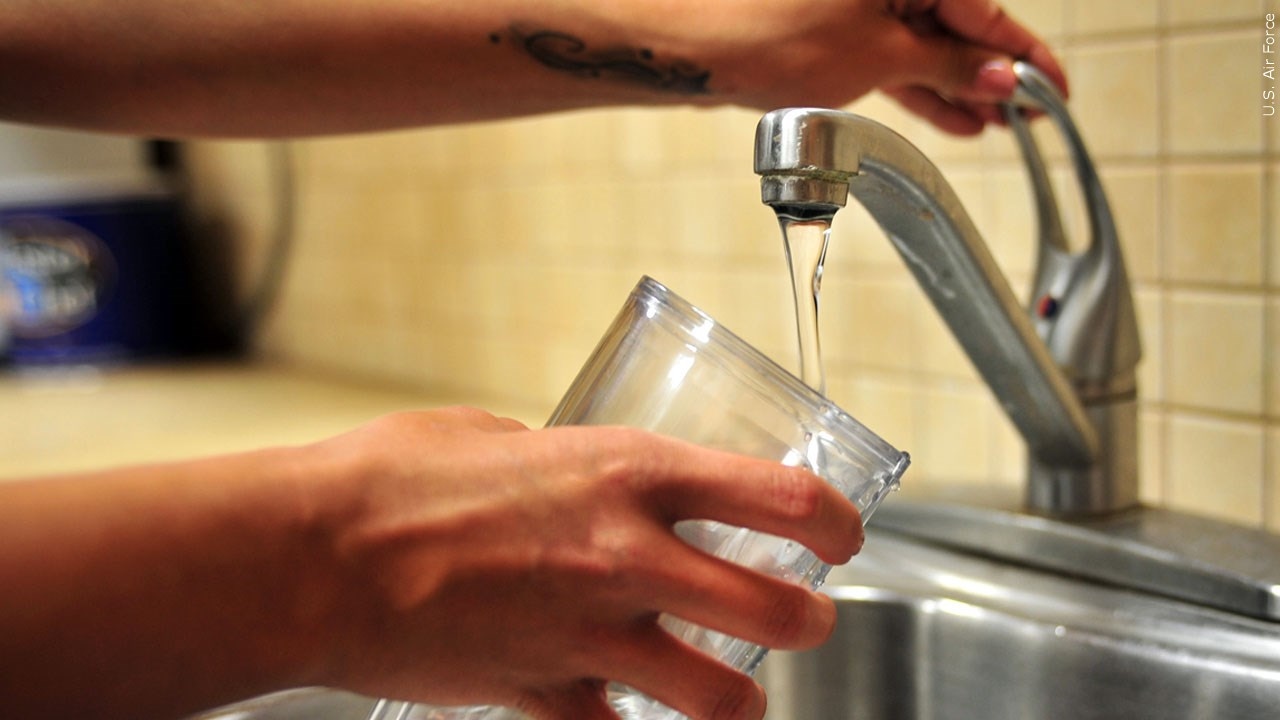Twin Cities prep for possible contaminated river water following nuclear leak
[anvplayer video=”5169418″ station=”998122″]
Following multiple leaks at a nuclear plant on the Mississippi River, the Twin Cities are preparing for the possibility of contaminated water.
On the same day Xcel Energy held another community meeting to discuss what’s now the second radioactive water leak in four months at its Monticello Nuclear Generating Plant, the city of Minneapolis tweeted how what they’re doing in response.
The city says they’re partnering with the Minnesota Department of Health (MDH) as they work through the situation, adding that MDH continues to monitor the situation with ongoing testing.
The tweet continues, “At this time, there is no evidence tritium contaminated water has reached the Mississippi River which is the source of Minneapolis drinking water” and that Minneapolis’ Water Treatment and Distribution Servies (WTDS) is “developing plans to ensure the water we deliver is not impacted in the event contamination does reach the river.”
The Mississippi is the source of drinking water for Minneapolis, St. Paul and surrounding suburbs.
The City of St. Paul shared a similar message and also told 5 EYEWITNESS NEWS their plans include “dilution analysis, storage evaluation, and consideration of alternative supply options.”

(U.S. Air Force via MGN)
This week, Xcel Energy said it’s powering down the Monticello Nuclear Generating Plant as the company works to address a “leak of water containing tritium at the plant.”
The utility company found the first leak in mid-November and first reported it to the public last week. As Xcel tried to contain the original leak, a second was found.
“We’ll cut that pipe out, we’ll send that pipe off to a lab and do a full root cause analysis on why that pipe failed,” said Chris Clark, Xcel Energy’s president for Minnesota, North Dakota and South Dakota.
Working alongside the Minnesota Pollution Control Agency (MPCA) and MDH, Xcel said the contaminated water has not left the site and that 32% of the radioactive water has been recovered. From the start, all agencies have said there is no risk to the public.
“We don’t believe that new leak created any additional concerns for health. Again, as we said, the plume is contained right now on the site. There’s not a threat to drinking water sources,” Doug Schultz, with MDH, said.
Before the leaks, MDH said they tested Mississippi River water near the plant four times a year, but now they’re testing weekly out of precaution.
The health department tells 5 EYEWITNESS NEWS they’re not doing any testing because of this issue near the Twin Cities for now, adding in a statement: “All of the information we have suggests that if the tritiated water does reach the Mississippi [River], it would become highly diluted quickly such that it would be at such low concentration as to be almost undetectable. But we would be looking for it nonetheless.”